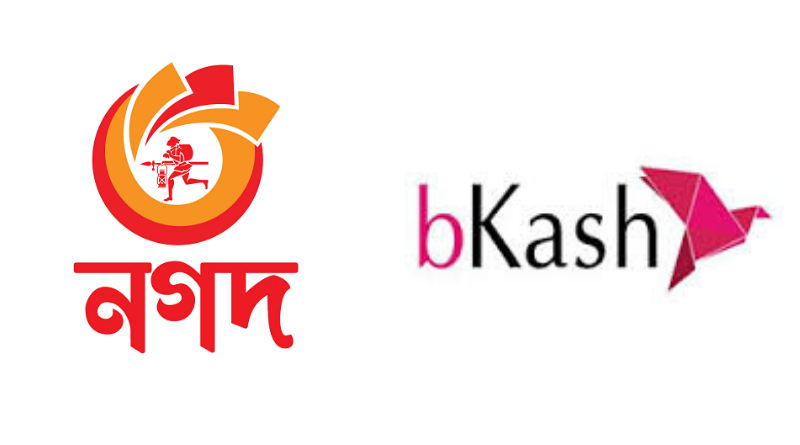The Bangladesh Bank (BB) has launched the long-anticipated interoperable digital payment system — but notably, without participation from the two dominant mobile financial service (MFS) operators, bKash and Nagad.
The interoperability platform, introduced on 1 November, allows instant money transfers between bank accounts, mobile wallets, non-bank accounts, and institutional accounts. However, BB officials acknowledged that the launch was “theoretical,” given that the two largest players remain absent.
Why bKash Isn’t Onboard Yet
bKash, the country’s largest MFS provider, sought time until 31 January 2026 to join the system, citing security concerns. In a letter sent a day before the launch, the company said it could not ensure full security integration with the National Payment Switch Bangladesh (NPSB) — the central infrastructure operated by BB.
A senior BB official admitted that the bank was in an “embarrassing situation” following bKash’s last-minute notice. “We’re calling it a theoretical launch as the largest operators are not included yet,” said Arif Hossain Khan, executive director of Bangladesh Bank.
He questioned why smaller MFS operators could integrate while the market leader could not. Some insiders suggested that bKash might also be trying to influence transaction pricing.
According to central bank sources, bKash proposed Tk9.50 per interoperable transaction — higher than BB’s final fixed rate of Tk8.50. Nagad had proposed Tk7.50, while several smaller operators suggested less than Tk5.
Analysts note that interoperability could cut into bKash’s core revenue stream from cash-out services, where it currently charges Tk18.50 per Tk1,000, about Tk6 higher than Nagad.
A bKash spokesperson said the company was working toward full integration. “We are focusing on strong authentication and layered security features to ensure seamless and safe transactions,” the spokesperson added.
Why Nagad Was Excluded
Nagad’s absence, however, stems from regulatory complications rather than technical readiness. Bangladesh Bank excluded Nagad from the system, saying it lacks a valid MFS licence.
The decision raised eyebrows, as Nagad has been operating under BB’s own administration since August 2024, when the central bank appointed an administrator following the company’s licensing dispute.
When asked how Nagad could operate under BB oversight without a licence, Arif Hossain Khan said a final decision would be made “after consulting the governor.”
Nagad officials expressed frustration over the exclusion. “We were ready and participated in all interoperability meetings, including pricing discussions,” said a senior executive. “If licensing is the issue, why isn’t the central bank suspending our entire operation?”
The company maintains that it has been operating under a temporary licence since 2019, through a revenue-sharing agreement with the postal department, and later under direct BB supervision.
A Nagad spokesperson said, “We applied for regulatory approval to launch interoperability months ago but received no response. Once approval comes through, we are fully prepared to go live.”
Limited Start for a Big Reform
Bangladesh Bank’s interoperability system went live with just three of 13 MFS providers — Islami Bank mCash, Rocket, and Islamic Wallet — alongside six banks including Islami Bank, BRAC, Eastern, Pubali, MTBL, and Al-Arafah Islami Bank.
Other banks and MFS providers are expected to join after completing integration and security testing. Despite the bumpy start, BB hopes the system will eventually connect all financial institutions, enabling a unified digital payment ecosystem across Bangladesh.






